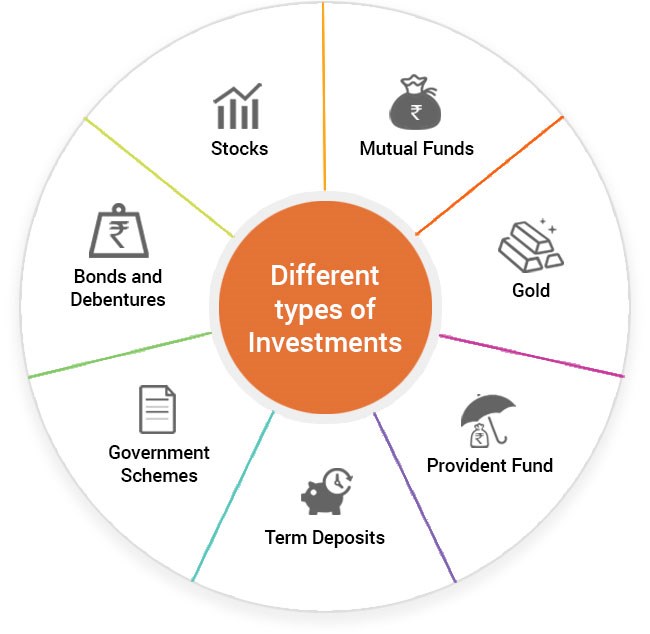Understanding the Basics of Finance
In the modern world, Finance plays a crucial role in everyone’s lives. It is essential to grasp the basic concepts to effectively manage and grow your personal wealth. This involves understanding various financial principles, tools, and strategies designed to help individuals make sound financial decisions.
Core Concepts of Finance
- Budgeting: Creating a plan for your income and expenses to ensure you meet financial goals.
- Saving: Setting aside a portion of your earnings for future use, often in a savings account or investment vehicle.
- Investing: Allocating money into different assets like stocks, bonds, or real estate to grow wealth over time.
- Debt Management: Strategically using and repaying borrowed money to avoid financial pitfalls.
Effective Finance Strategies
Building an Emergency Fund
An Emergency Fund is a crucial part of financial planning. It serves as a safety net for unplanned expenses or financial emergencies. Typically, it is recommended to have three to six months’ worth of living expenses saved in a liquid, easily accessible account.
Investment Diversification
Diversification involves spreading investments across different asset classes to reduce risk. By diversifying, you can protect your portfolio from significant losses and increase the potential for more stable returns.
- Stocks: Share of ownership in a company.
- Bonds: Debt securities that pay interest over time.
- Real Estate: Physical property or land as an investment.
- Mutual Funds: Pooled funds from multiple investors managed by professionals.
FAQs on Personal Finance
What is the difference between saving and investing?
Saving generally means putting money aside in a safe, low-risk account where it can earn a small interest. Investing involves buying assets like stocks or real estate in the hopes of earning a higher return over time, although it comes with higher risks.
How does one start investing with little money?
Starting small is perfectly fine. Consider options such as micro-investing platforms, buying fractional shares, or using robo-advisors which have low minimum requirements.
Why is a credit score important in finance?
A credit score is a key measure of creditworthiness. It impacts the ability to secure loans, the interest rates offered, and can even affect rental and job applications.
Read more about Rhys Aldous here.
Conclusion
Grasping the basics of personal finance and implementing effective strategies can significantly enhance an individual’s financial health. By prioritizing budgeting, saving, investing wisely, and understanding the importance of credit, you can master your finances and achieve lasting wealth.





